

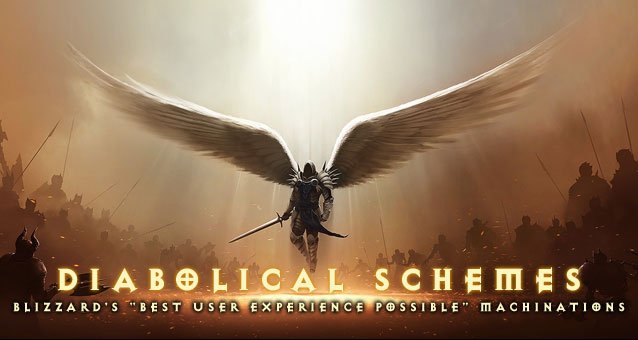
In an entirely unprecedented move, Blizzard has now officially announced that their always-online schtick was indeed also done to repel pirates, and not, as they insisted previously, to “only to give the users the best experience”. Seriously Blizzard. Nobody ever bought that bullshit line. Best possible experience? With that ultra wonky start where people having laid down good money for your product weren’t able to even use it for days because you wanted them to have the “best possible experience”?
I admit, this is of course corporate doublespeak, Blizzard are a big company bound to make a profit (and holy moly did they ever make a prophet with their DRM-with-gaming-features), but this whole affair was really taking it a bit far. Maybe Diablo III is the one big item, the elephant in the room, the instance to which all those people like Ebert can point to, denying games ever being art, because, well, Diablo III is first and foremost the ultimate product. A product by design, produced to squeeze as much profit out of people as possible with ever layer. Washed out, washed clean, played as safe as humanly possible. It’s true, Blizzard could have done different things, risked more, because as this whole DRM - oh, excuse me “method to ensure the best possible player experience” - fubar proves, Blizzard can indeed do anything and the mob will still throw their money at them with both hands.
But this “ultimate product” goes beyond the DRM. That is a part of the whole package, and a huge, massive problem in and on itself. First, Diablo III is a game that follows a new paradigm very closely. It’s not a product that is sold, it’s a product which users can obtain a license for, allowing them to use it. Eventually, the player, the user, the consumer, has given up most of his rights over this game he bought, and is ultimately surrendering himself to Blizzard’s mercy. Which admittedly might be also true with any game sold on Steam or other digital platforms, however with very few other games were the downsides of this model as blatantly obvious as with Diablo III.
And those downsides exist, for what reason exactly? The Real Money Auction House (RMAH)? Which in itself is yet another scheme for Blizzard to make more money off their product. Essentially, that’s what this whole “best possible player experience” thing was sold as. The game has to be always online so nobody can tamper with the files which might allow some people to sell stuff on the RMAH. So that nobody can cheat. That was pretty much the official line. Why Blizzard didn’t pursue other possibilities like an offline mode that just plainly didn’t allow transferring items to the RMAH is anyone’s guess. Maybe in that case the - apparently very effective - DRM would have fallen through. So it’s a game that from the ground up was designed to get players to add to Blizzard’s coffers again and again through the perfectly balanced, untampered, uncheated RMAH transactions. Which, at the bottom line, makes this game the ultimate product, the total money printer, with very little artistic merit.
I’ve said it before, and I think it’s time to repeat it and remind people of it. Diablo III sets a dangerous precedent for future games. Always-online DRM for single player games, making those single player games entirely dependent on centralized servers that might one day no longer be there, or might just be offline, for whatever reason, when I want to use the product I paid money for, is a horribly fucked up idea, from a consumer perspective. And no, the argument doesn’t count that Diablo III is not a single player game. There is a campaign mode, which can be played alone. So there’s objectively no need for a permanent online connectivity. And fucking with your loyal customers to ward off piracy, that’s not a good business practice. Not even admitting to it is an even worse business practice. And then there’s the apparently game-changing Auction House, that transforms Diablo III from a fun click-romp into a cold, hard currency converter. Which is yet another instance where this game is problematic.
The biggest problem with Diablo III is its success, despite all the horrible things Blizzards implemented, and which all were fully known beforehand. A product that’s known to be designed against its users should not be this successful. No matter how good the underlying game might be. This provides the industry with the clear sign that we, their customers, don’t care for what our money gets us, as long as we get something shiny to click on eventually. And that still, is a bad thing to have happened. I’m glad I did not buy Diablo III, I’m glad I did not support these horrible business practices.

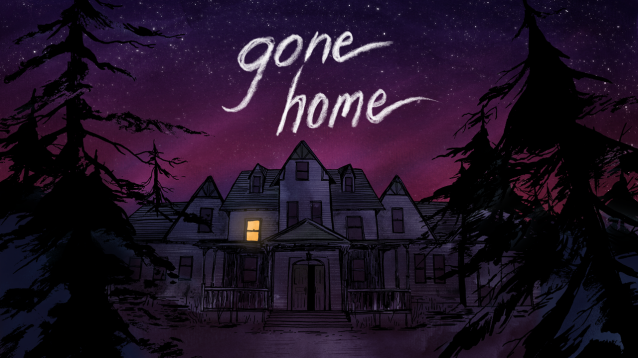
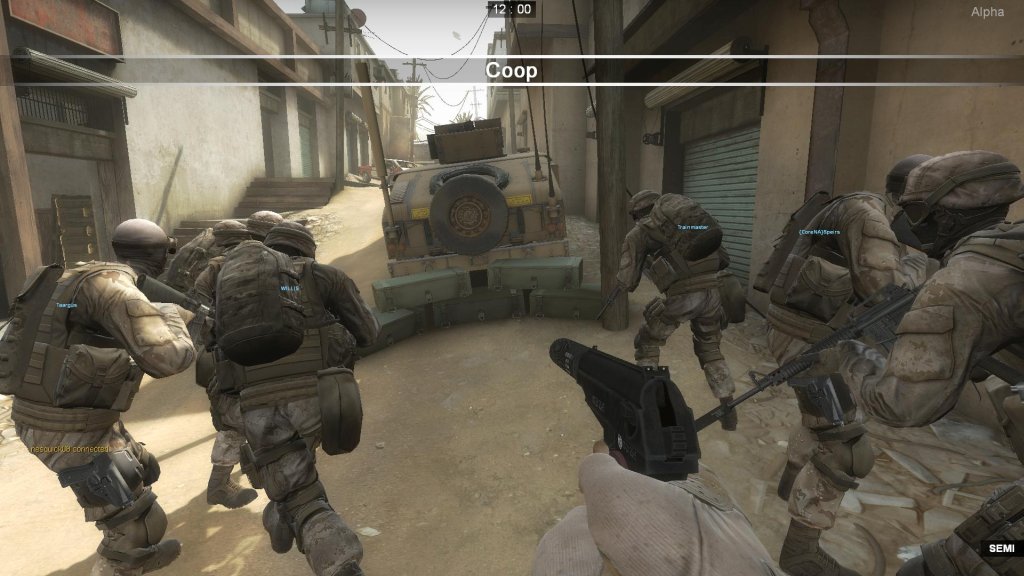

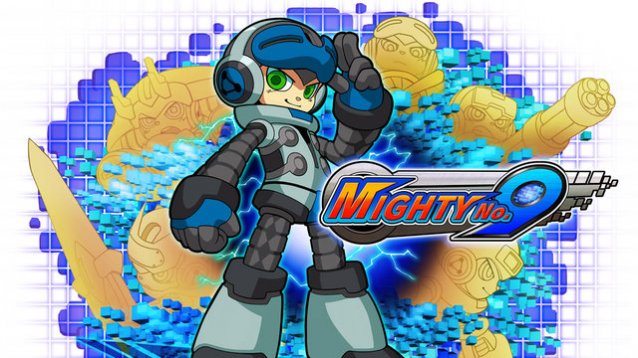 Let The Backer Beware: The Disappointment of Mighty No. 9
Let The Backer Beware: The Disappointment of Mighty No. 9 Star Wars Battlefront: Salvage Items / Collectible locations
Star Wars Battlefront: Salvage Items / Collectible locations 12 Social Media Facts and Statistics You Should Know in 2016
12 Social Media Facts and Statistics You Should Know in 2016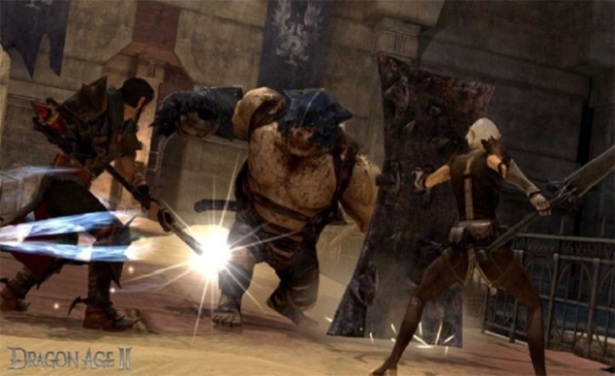 Dragon Age 2: Legacy DLC Walkthrough
Dragon Age 2: Legacy DLC Walkthrough Top 4 Xbox One Chargers By User Ratings
Top 4 Xbox One Chargers By User Ratings